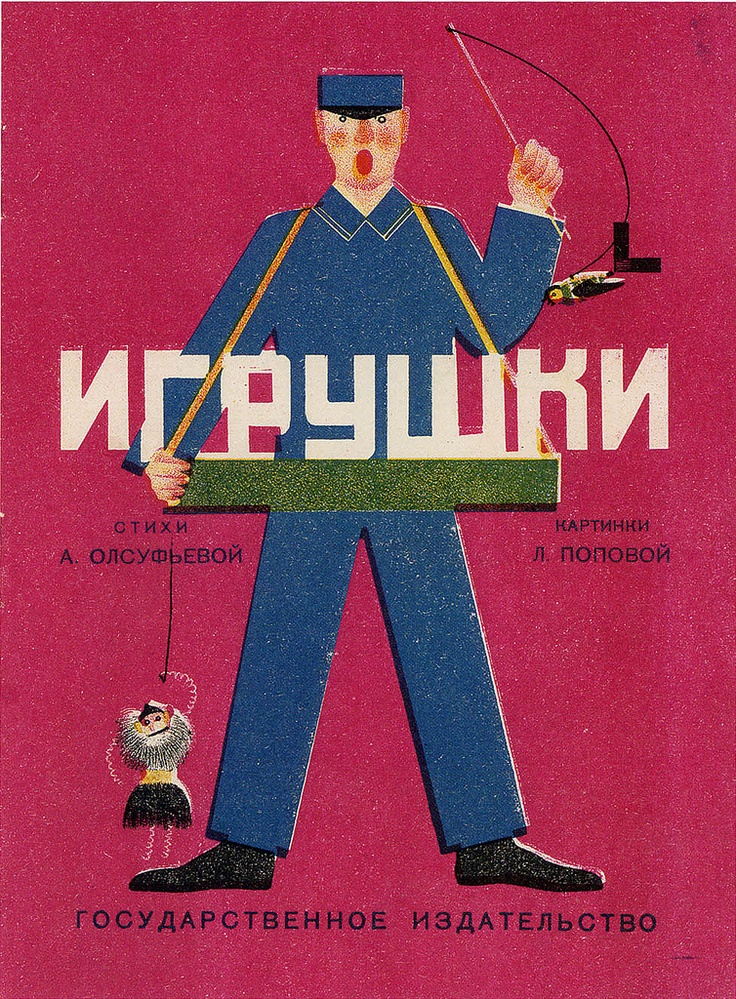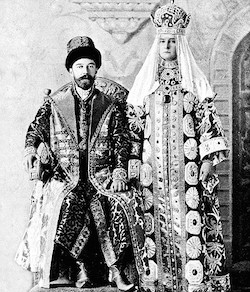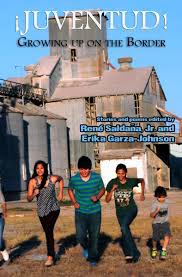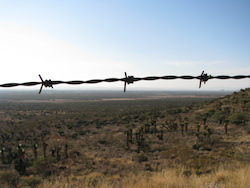by Yoo Kyung Sung, University of New Mexico, Albuquerque, NM
 December has always been my month to contribute to WOW Currents. In many ways, it has become a special month for me since it is at the end of the year and offers me, like everyone else, an opportunity to reflect on the past twelve months. As we mentally “write our stories” at years end, our reflections often lead us to revise what some of these recurring and evolving “stories” might look like in the next year. We share and connect through these stories. They are an important medium that enriches the many facets of our lives.
December has always been my month to contribute to WOW Currents. In many ways, it has become a special month for me since it is at the end of the year and offers me, like everyone else, an opportunity to reflect on the past twelve months. As we mentally “write our stories” at years end, our reflections often lead us to revise what some of these recurring and evolving “stories” might look like in the next year. We share and connect through these stories. They are an important medium that enriches the many facets of our lives.
As I surveyed new historically based titles, some of those “old” histories have taken on a new patina. Continue reading →
 While in Haiti this summer, I found myself entrenched in a debate with a Haitian friend about the existence of mermaids. He wasn’t sure about zombis or lougarous, the previous evening’s discussion after being stranded at an active cemetery, but he was totally convinced about mermaids. Continue reading
While in Haiti this summer, I found myself entrenched in a debate with a Haitian friend about the existence of mermaids. He wasn’t sure about zombis or lougarous, the previous evening’s discussion after being stranded at an active cemetery, but he was totally convinced about mermaids. Continue reading 

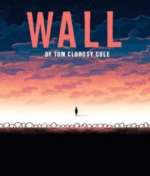 Language binds the past to the present. With the advent of high-tech, wireless devices that is even more evident as people interact in new and unique ways reflecting rapid evolution in language. New words are born every day while other words slip into obscurity. In many ways, everyday language becomes a “fashion” as it mirrors social changes, trends, and contemporary issues. Historically linked language became really evident to me some weeks ago when I was watching a Korean reality show. An actor in his late 40’s used the word “Soviet” in place of Russia. When hearing this, other participants teased him as a veteran of the Ice Age.
Language binds the past to the present. With the advent of high-tech, wireless devices that is even more evident as people interact in new and unique ways reflecting rapid evolution in language. New words are born every day while other words slip into obscurity. In many ways, everyday language becomes a “fashion” as it mirrors social changes, trends, and contemporary issues. Historically linked language became really evident to me some weeks ago when I was watching a Korean reality show. An actor in his late 40’s used the word “Soviet” in place of Russia. When hearing this, other participants teased him as a veteran of the Ice Age. 